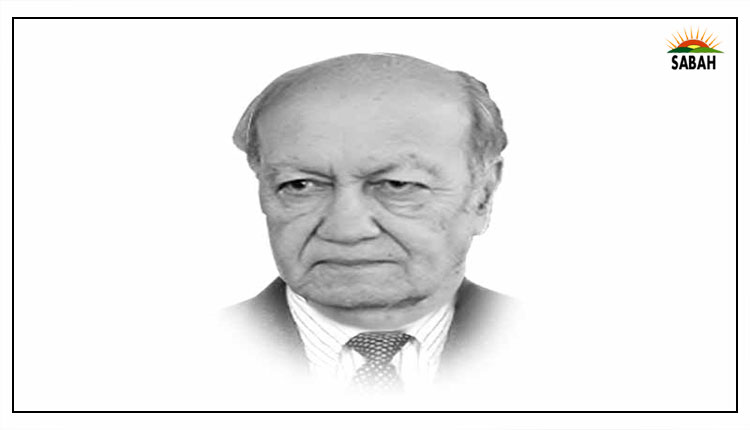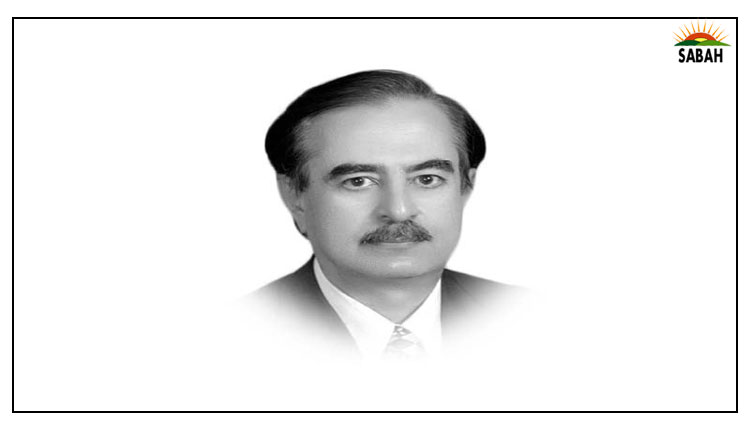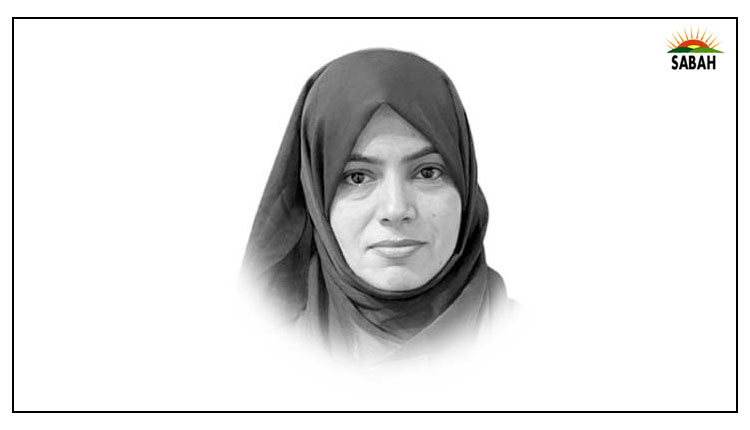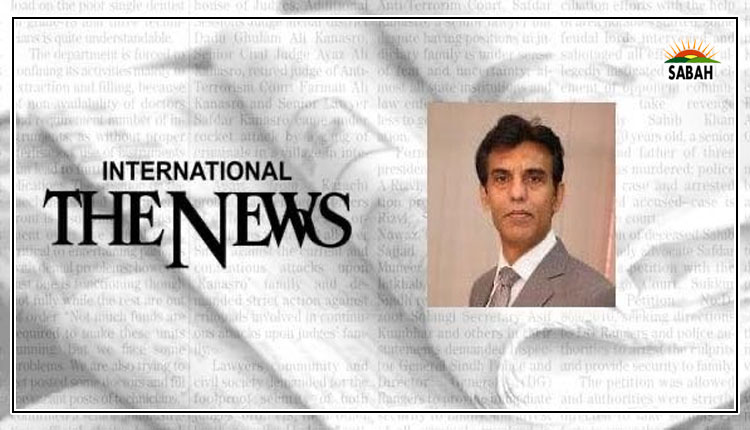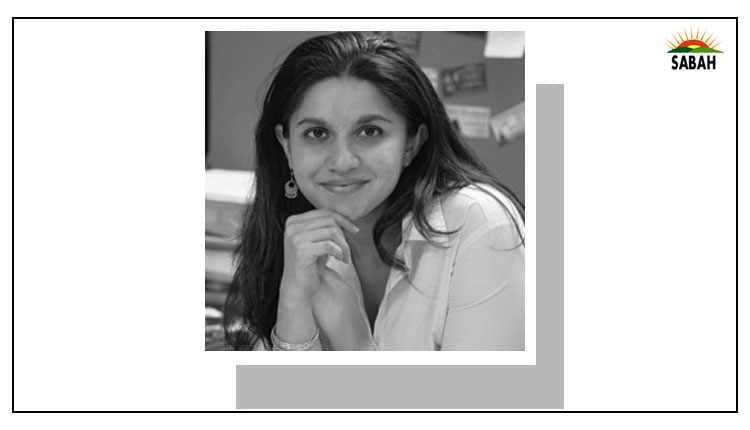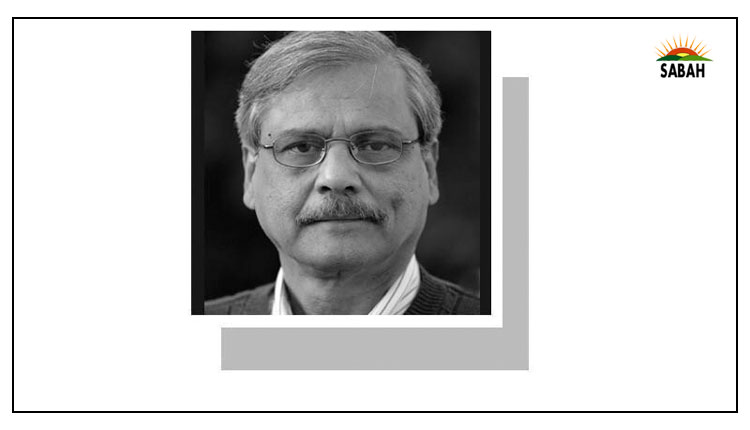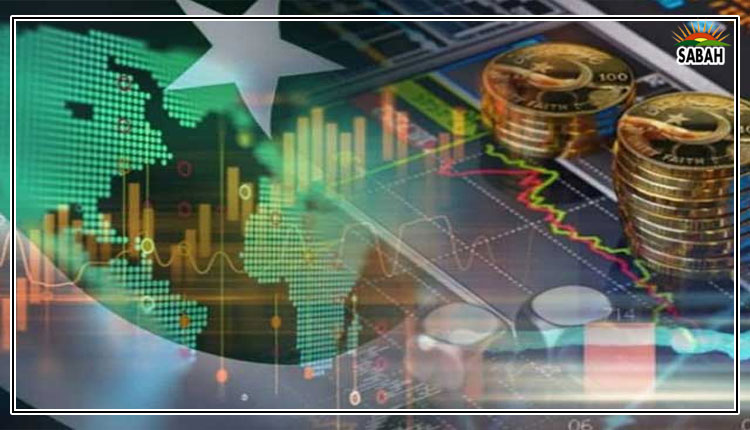Deepening inequality…Kamila Hyat
During the early weeks of Ramazan, we saw multiple photographs and short clips on TV of the prime minister and other federal and provincial ministers handing out bags of flour to desperate people and then pausing quite deliberately to pose for a picture. Such clips are in many ways disgusting.
Such photos only go to highlight the actions of an indifferent state and a government which seems unable to cope with the multiple crises it is facing. The current PDM-led coalition is a government which has already set a dangerous precedent by delaying elections against what is laid out in the constitution, paving the way for any other government to do so. At the same time, we have a judiciary in which people are losing faith.
But most disturbing of all is the manner in which food is being distributed to desperate people. We have no estimates of the extent of hunger in our country or what is happening within households. The stories that we hear are of desperation and immense need. Of course, people from the lowest income groups suffer the most. We saw people, including women and the elderly, waiting for hours to receive one bag of flour. Who would have thought that a country with immense potential to produce food would reach such a state?
At the same time, we hear even less about white-collar workers who are no longer able to manage their households. We know, according to reports from schools, that people are withdrawing their children because they are no longer able to afford the fee. Some are shifting them to schools with low fees. In all this, girls suffer the most as they are pulled out of school permanently in order to sustain families.
For white-collar workers who have few options and who are unwilling to line up to receive handouts, the situation is desperate. There are some who may have tried to manage up to three jobs simply to meet the needs of their households.
The problem is that we can see no early relief from this situation. The true desperation of people is not being discussed openly or loudly enough by our politicians. Instead, we are focused on the question of political leadership and how they will act over various matters. Of course, political parties need to carry out whatever work they see as fit. But in the present crisis, there is a need for all forces to come together and ensure that people across the country are at least able to eat two or more meals in a day.
We also have to ensure that these meals contain enough quality food and calories to sustain children in a country where more than 40 per cent are already suffering from stunted growth, unable to maintain the expected height for their age and subsequently develop mental growth problems.
If this is not a crisis that can unite the country, we wonder what is required to bring people together. One issue is that our political class comprises mostly the elite who are not affected by price hikes and the rising inflation even though there are some people who have tried to cut back on expenses.
The wealthiest group at the top of the ladder manage to sustain their lifestyles. These elites ought to give more to their country to even out things and reduce the disparity that has divided people so deeply in so many ways. There is now so huge a difference between the rich and the poor that it resembles a chasm which can never be crossed. We have to find ways to cross this chasm.
Essentially, this means that the elite must pay taxes they owe to the state and not make excuses to find a way out. Unless the taxes come in, the poor cannot survive. They are already unable to do so given the number who die unnecessarily due to a lack of treatment against preventable disease and simply because they do not have clean water to drink.
Pakistan has sunk to the bottom of the ladder even within South Asia in terms of what services it can provide to its people. The reality is that it can provide very little, if any at all. Programmes such as the Benazir Income Support Programme may have helped a few households marginally, but they are simply not enough. Drastic measures are required. At present, petrol prices have once again been jacked up by Rs10 per litre.
Ideally, the leaders of all political parties should be sitting together in one room to try and work out what can be done and how. Instead, they stand deeply divided, setting up committees to discuss talking to each other. This is simply a sign of how little they are connected with the people and how little these people matter to them beyond putting votes into the ballot box with the stamp on the right symbol.
There has to be a change in this and a way to bring about this change. It is true that philanthropic organizations offer some aid but quite obviously the state needs to play a lead role in this. After all, the contract between the state and citizens demands that the state ensure the security and safety of peoples lives. At the moment, it has failed to do so, and there are signs that tell that it is not even trying.
The government has to consider what it is doing and what it intends to do in the future. Its behaviour at present seems to serve no purpose at all, and we are headed towards greater calamity than what we see now.
This has to end, and there has to be a broad consensus between parties on how this can be made possible and how the complete collapse of institutions as well as structure to support people can be ended.
Courtesy The News



